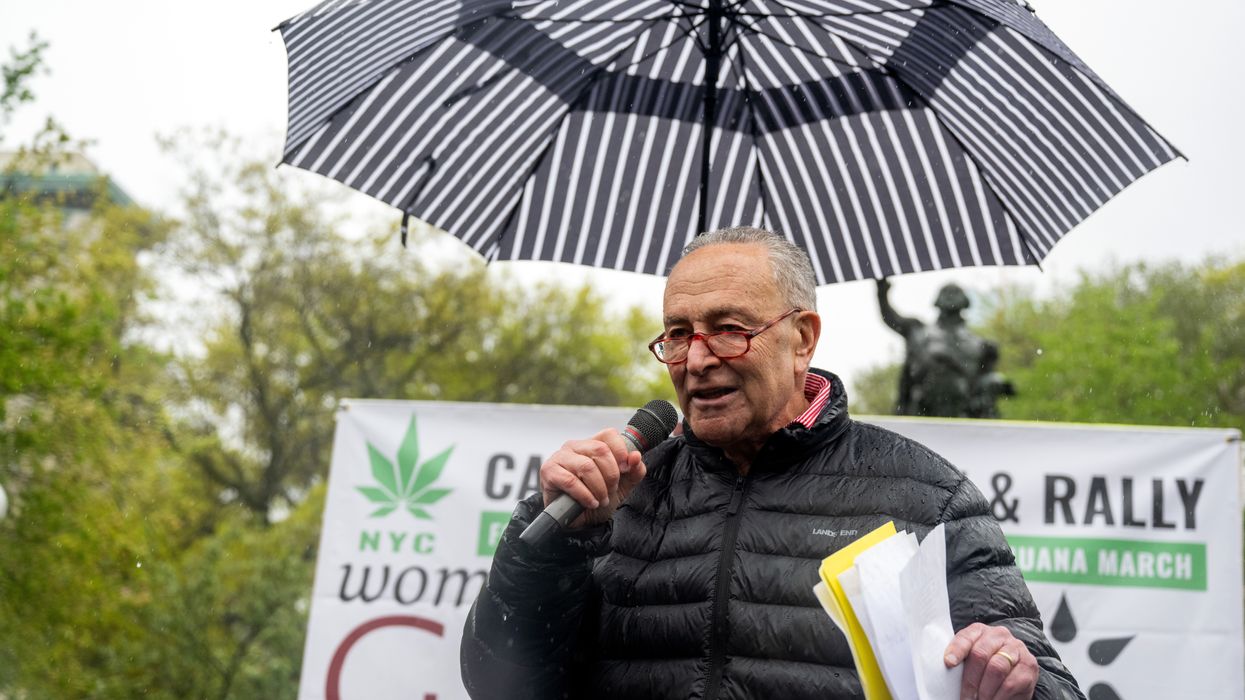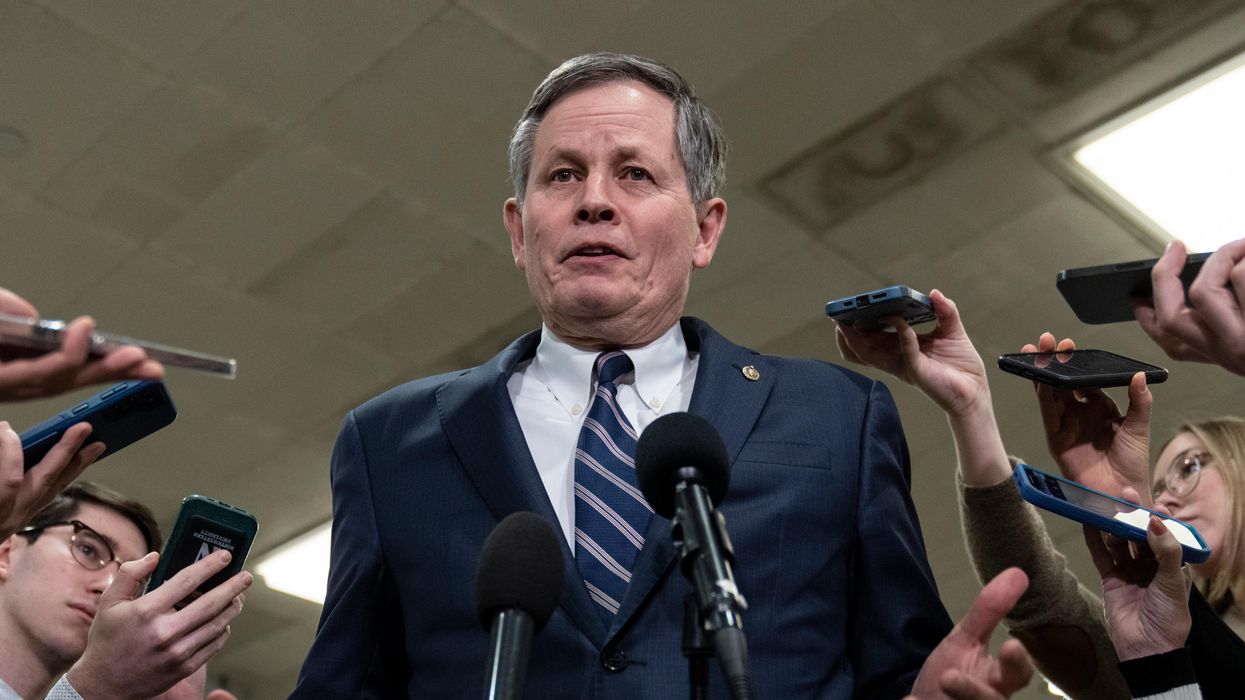In addition to Schumer (D-N.Y.), the legislation is led by Sens. Jeff Merkley (D-Ore), Steve Daines (R-Mt.), Kyrsten Sinema (I-Ariz.), Cynthia Lummis (R-Wy.), Kevin Cramer (R-N.D.), Cory Booker (D-N.J.), Dan Sullivan (R-Alaska), and Bob Menendez (D-N.J.). Merkley and Daines put out a previous version of the bill earlier this year.
"This legislation will help make our communities and small businesses safer by giving legal cannabis businesses access to traditional financial institutions, including bank accounts and small business loans," some of the co-sponsors said in a statement. "It also prevents federal bank regulators from ordering a bank or credit union to close an account based on reputational risk. We look forward to the markup of this bill in the Senate Committee on Banking, Housing, and Urban Affairs on September 27th."
Separately, Schumer, a supporter of legalization, said that "for too long, the federal government has continued to punish marijuana users and business owners—even when doing so is actively harmful to our country. This 'war on drugs' has turned into a war on people and communities—specifically people and communities of color—and a war on business."
"This agreement allows cannabis businesses that have traditionally operated in cash to finally have the opportunity to accept credit and debit cards, allowing them to grow their businesses, pay their employees, protect their customers, and ensure public safety," he continued. "I intend to bring the SAFER Banking Act to the Senate floor with all due speed."
The majority leader added that he is "committed to including" the Harnessing Opportunities by Pursuing Expungement (HOPE) Act and Gun Rights and Marijuana (GRAM) Act. The former would provide federal grants to help states with expunging cannabis offenses while the latter would end the ban of gun sales to cannabis users in states that allow medical or recreational use.
Marijuana Moment reported that "the newly released bill reveals the types of compromises senators made over recent weeks. Most of the new provisions are described under Section 10—a component of the reform that Republicans have strongly favored and certain Democrats opposed over concerns it could undermine broader banking regulations."
The legislation's introduction answers demands for federal action by drug policy reform groups and unions as well as banking, cannabis, and insurance trade associations. One joint letter sent to Congress on Tuesday argued that "it is a moral imperative" to pass some version of the bill this year, "in order to progress our country toward a safe environment for the workers, owners, customers, and other visitors of state-legal cannabis retail stores."
Medicinal use of marijuana is permitted by 38 states, three U.S. territories, and the District of Columbia, and recreational adult use is allowed in 23 states, two territories, and D.C., according to the National Conference of State Legislatures.
Cannabis not only remains illegal at the federal level but is a Schedule I drug, the most restricted category under the Controlled Substance Act. However, following a review requested by President Joe Biden, a Department of Health and Human Services official last month urged the Drug Enforcement Administration chief to reclassifying it as Schedule III.
While welcoming "the historic nature" of that move, Cat Packer at the Drug Policy Alliance stressed at the time that "rescheduling falls woefully short of President Biden's promise and the relief our communities need," and urged the administration to "actively work with Congress to pass comprehensive legislation such as the Cannabis Administration and Opportunity Act," which would federally decriminalize marijuana and begin to address decades of harm caused by criminalization.
The new Senate proposal was introduced as the Republican-controlled U.S. House Oversight and Accountability Committee on Wednesday voted 30-14 in favor of the bipartisan Cannabis Users' Restoration of Eligibility (CURE) Act, which would allow past marijuana users to serve as federal employees and qualify for security clearances.
NORML political director Morgan Fox said in a statement that "while it is disappointing that the committee did not see fit to stop federal agencies from discriminating against responsible adults and patients who are current consumers of cannabis, this legislation will nonetheless open up new opportunities to millions of Americans, increase the talent pool available to federal employers, and ultimately make our country safer."

